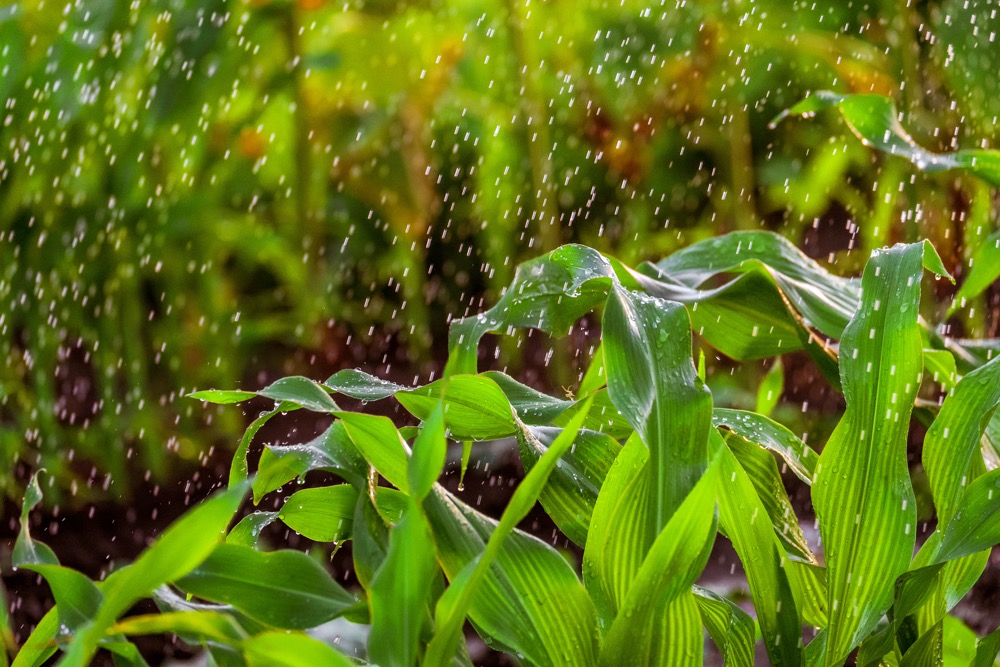In the build up to Naija Corn Fest 2020, we had a series of educative posts about corn, why it is important as a staple food, Africa still importing corn from developed countries and also the economic value reffered to as “Yellow Gold” in developed countries.
Barely a week after, a CBN circular spread like wild fire saying form M (form M is a mandatory statutory document to be completed by all importers for importation of goods into Nigeria )has been banned for all importation of Corn/Maize. This means no form M,no official (cheap ,regulated) rates for buying dollars for foreign exchange.

This invariably means no regulated funds for buying corn. i.e it is an outright ban on importation of Corn. It is also worthy to note that Corn has been on the export prohibited list before now, meaning we do not have enough so we can not sell out. All importation and exportation of corn/maize and seeds are now prohibited.
How ordinary people will be affected
Imported corn will probably still be available at the mercy of merchants who dare to smuggle in the produce. This means Corn importation has now been declared a contraband/prohibited item just like the status of imported rice into the country. In the long run, everybody feels the heat as everything we use corn for gets to increase in price. However it still feels lopsided as other processed corn items/derivatives importation have not been banned e.g corn starch etc.
As a result of the ban, the Animal feed industry was the first to cry out, according to Dr. Folarin Afelumo, President of Feed Industry Practitioners Association of Nigeria, FIPAN said “the scarcity of grains (maize), if not urgently tackled, spells doom for the industry which is worth over N500 billion”.

Speaking with a chicken poultry farmer, a measure of feed usually goes for #96 now goes for #185 and it is still rising which will push up the eventual cost of chickens they raise. Egg sellers have added money and its only a matter of time for baked goods to go up.
The question is how then do we increase our production as a country to become self sustainable.
The real issue and what can be done
According to a report by IITA, Africa imports 28% of its required maize grain from countries outside the continent as most of the maize production in Africa is done under rain-fed conditions. Irregular rainfall can trigger shortages and famines during occasional droughts. Today, a certain percent of required maize by Nigeria is lost as a result of importation ban, another percent lost as a result of sketchy rainfall in cities within Nigeria where the maize/corn is grown, yet another loss as a result of poor farming methods and all the youths gone to the city for the white collar jobs. And to top it all, we are still missing some as an aftermath of Covid-19 .What percentage of required corn do we have left for the teeming population?
To bring our corn production to speed as a nation, we need to start massive mechanized farming, irrigation and definitely more than one corn planting season in a year by rotating all the vast expanse of land we have as a nation. There is no better time to plant and invest in corn production.



Leave a Reply